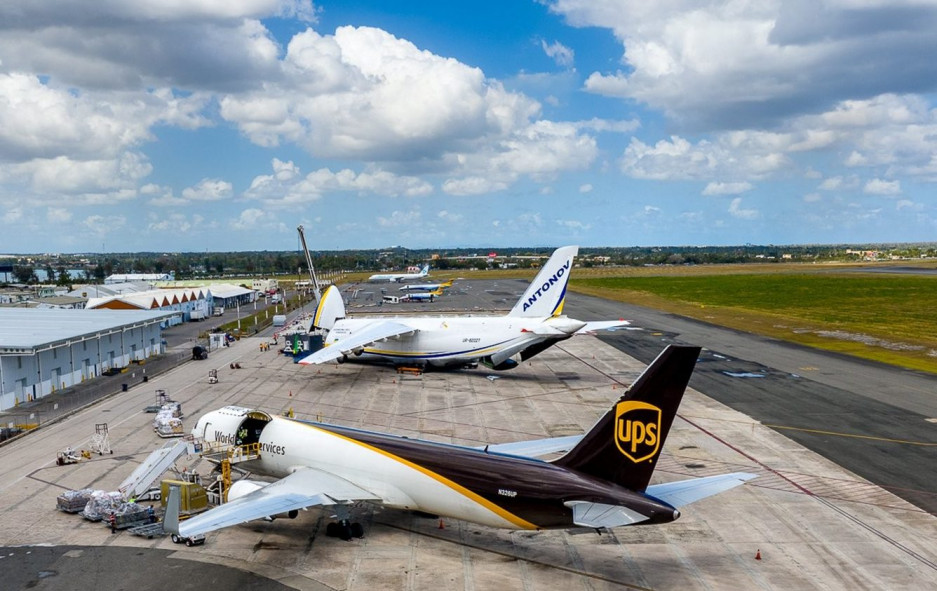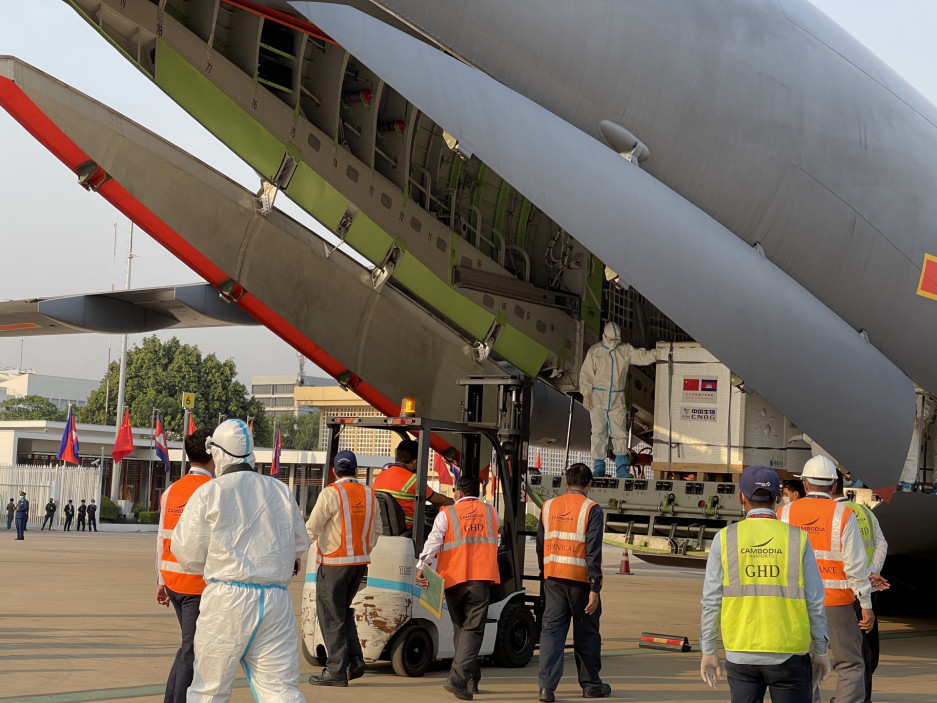
Positive Mobility
eMagAir cargo flying high

Air cargo criss-crosses the planet, delivering high-quality goods in record time. It represents 1% of cargo traffic by volume but 35% by value. And the air cargo sector plays a more vital role than ever during the Covid-19 crisis.
The pandemic did not slow the pace of the air cargo industry. Quite the opposite. Cargo flights flew to the world’s rescue on numerous occasions: bringing in urgent deliveries of masks during the spring of 2020, taking part in the “historic challenge” to deliver vaccines against Covid-19, as well as helping to kick-start the global economy by transporting high-value goods at ever more competitive prices.
Strengthened by the health crisis
The Covid-19 pandemic has left the air cargo industry stronger than ever, with a very positive outlook for the future. 2020 actually proved to be more profitable than 2019. According to the International Air Transport Association (IATA), at $117.7 billion, air cargo operators recorded close to record revenues in 2020 compared to $102.4 billion in 2019. “The air cargo sector is demonstrating impressive flexibility and adaptability in handling the challenges and repercussions of COVID-19 in the industry,” , Content Marketing Strategist with Aviation Charters. Aircraft manufacturers have taken note of this buoyant market. Airbus is weighing up the idea of making changes to its family of aircraft: “We’re seeing strong interest in a cargo version of the A350,” says Airbus’ Chief Commercial Officer Christian Scherer, who feels that the health crisis has put the market for cargo aircraft “in the spotlight.”
In the spring of 2020, with the world on the verge of meltdown, air cargo played a major role in ensuring that supplies of urgently needed masks were available. During the first wave of the pandemic, 46,400 special cargo flights carried 1.5 million of goods, most of it medical supplies and equipment.
Air cargo is needed to deliver global herd immunity
This was in many ways a rehearsal before the even more decisive main event, delivering vaccines. Air cargo is right at the heart of the complex logistics surrounding vaccination, transporting hundreds of millions of doses across the globe, including some that have to be kept at -80°C. IATA estimates that 6,841 lives are saved every day thanks to vaccines delivered by air.
The mission is far from complete: as rich countries move closer to herd immunity, the rest of the world is still waiting for its doses to arrive. As of 31st August, only 27% of the world’s population had been vaccinated. UN General Secretary António Guterres reminds us that “in an interconnected world, none of us is safe until all of us are safe.” Bringing vaccines to developing countries, often at great distances from production plants, will be the biggest challenge in the months ahead if we are to reduce mortality in these countries and prevent the emergence of new variants.

1.1 million smartphones carried daily
The cargo industry certainly does not attract the most media attention but it has been critical to the development of international trade. Global air cargo capacity grew 2.6 times faster than maritime cargo capacity from 1965 to 2004, according to calculations by specialist economist David Hummels. And while air cargo only accounts for 1% of global trade by weight, it represents a whopping 35% by value. Aircraft carry non-bulky high-value items at high speed: air cargo is the primary mode of transport for medicines, flowers and electronics. No less than 1.1 million smartphones travel by air every day.
Facilitating international trade
IATA states that “air cargo is a trade facilitator that contributes to global economic development and creates millions of jobs. The global economy depends on the ability to deliver high-quality products at competitive prices to consumers worldwide.” Air cargo has become more competitive since the outbreak of the pandemic as a result of the significant increase in the cost of transport by sea. The price differential is narrowing: in 2021, air cargo prices were 6 to 8 times higher than sea freight, much lower than the 2019 price differential of 11 to 15 times, according to Tom Crabtree, an analyst with Boeing Commercial Airplanes.
Growth boosted by e-commerce
So is air cargo the flag bearer for the new normal? All the signs point to it. Aside from cyclical factors, there is a major underlying trend buoying up the cargo industry: the extraordinary growth of e-commerce, with an ever-increasing need for fast and reliable deliveries. The pandemic has simply accentuated this transition, accelerating the shift from physical stores to digital shopping by five years, according to an analysis by IBM Industries. The air cargo industry is standing by for your orders!